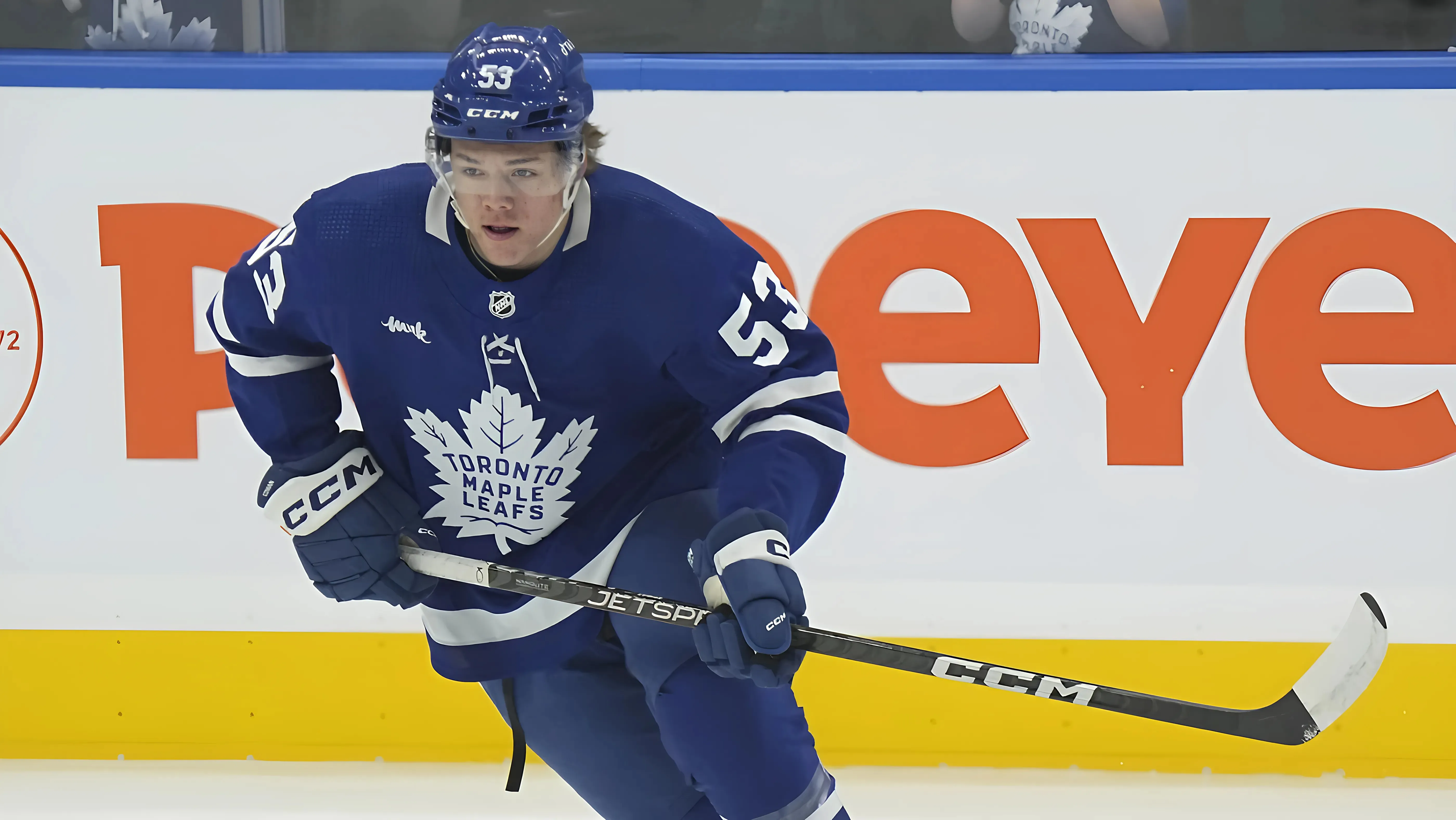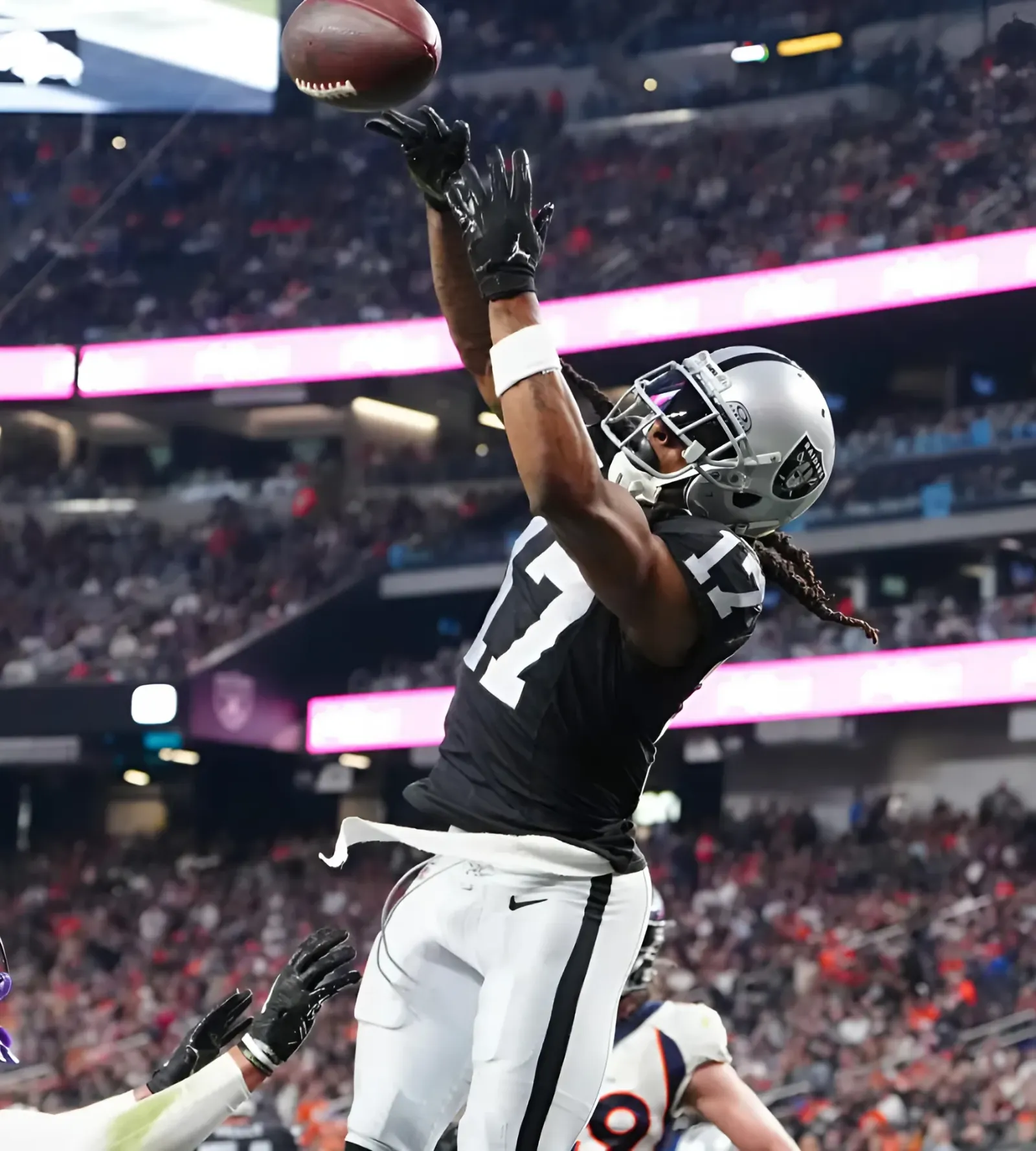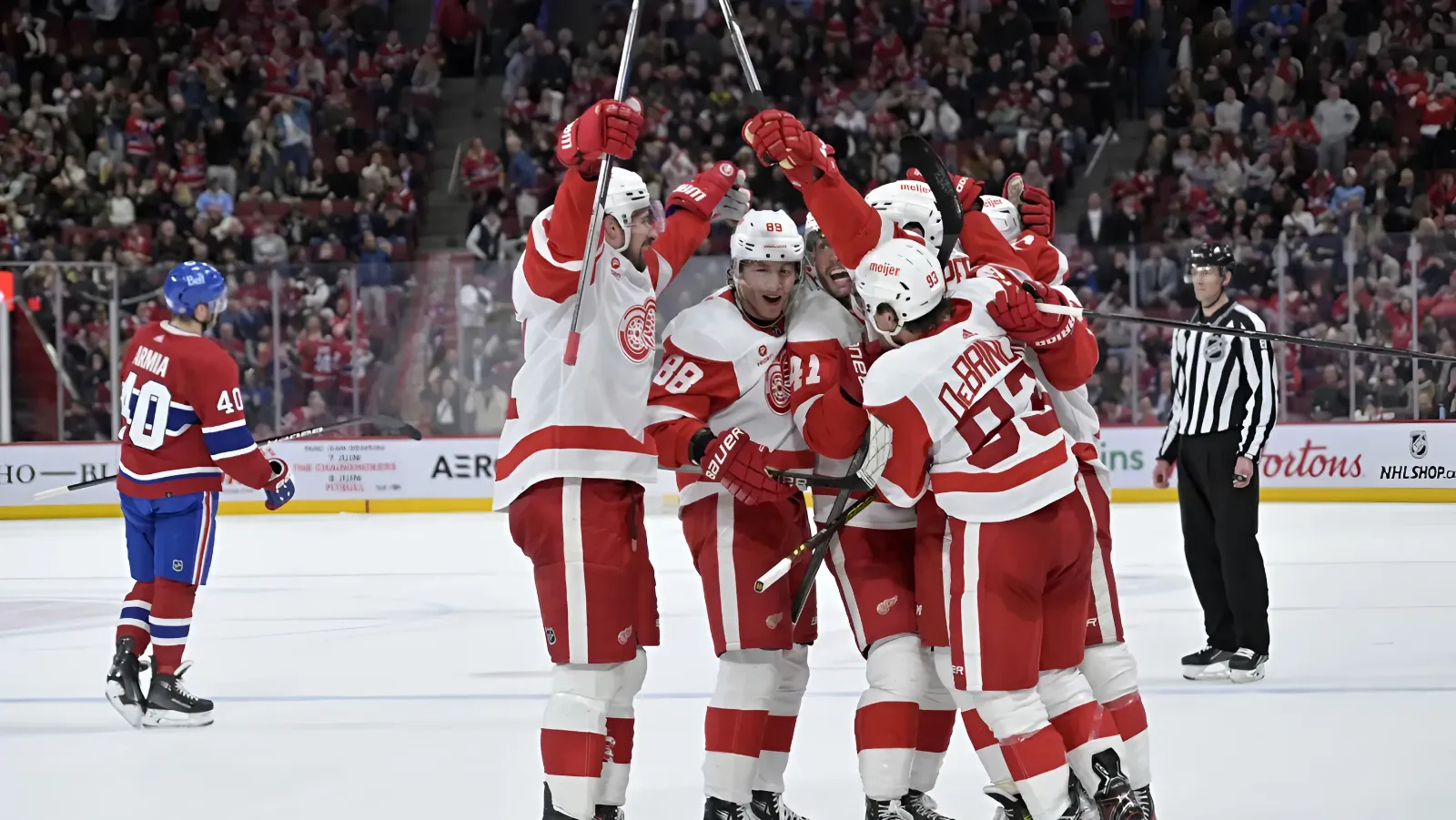More than his historic 61-goal campaign of a year ago, what establishes right winger David Pastrnak as a generational great in Boston Bruins history is his abiding acceptance of the mantle of leadership for a changing team.
Attitude is involved, but Pastrnak has always been competitive. What he is at age 28 is a matured, competitive monster, able and willing to manifest himself on the game as needed to give the Bruins their best chance to win.

During the stretch run of the 2023-24 playoff race, Philadelphia Flyers coach John Tortorella was facing a media scrum in advance of a crucial contest against the New York Rangers when he made a compelling point about puck management, identifying Artemi Panarin as the “best tired player” he had ever seen.
Well, the Breadman has an emerging rival in the world of hockey-related carbohydrates: Pasta.
Ever fun to watch since entering the NHL nearly a decade ago as an inventor of dazzling hockey moves and playmaking ideas, Pasta didn’t always take good care of the puck when his gas tank was running low. But the highest paid player in Boston Bruins history has proven his worth.
No longer is his tired game wrought with tired mistakes. The end of shifts, the end of periods, those are now in good hands with Pastrnak.
“I had a bigger role this year than I’ve ever had on this team,” he said on the team’s recent breakup day, referencing a career-high 19:56 in average ice time per game. “I’m a pro, right? So I have to stay in shape. I love playing big minutes, so I have to be ready for my ice time.”
Pastrnak may be the only player besides the great Phil Esposito ever to score 60 goals in a season for the Boston Bruins, but their many goals have less meaning than how both players performed in the face of greater challenges, be it Espo putting an entire country on his back in the 1972 Summit Series or Pasta refining his game, reinventing it even, as the Bruins go through massive personnel changes.
“We lost two big leaders but also unbelievable hockey players with the high hockey IQ, so year, you know, I changed. But, for me, I don’t mind playing with new players and try to adjust and learn from my linemates and communicate and see what makes us the best line,” said Pastrnak.
Hockey basically became basketball this season for Pastrnak, who, absent of assist men Patrice Bergeron and David Krejci, was targeted by opposing coaches for elimination, as in let anyone else on that team beat us, but don’t let this guy beat us.
“Well, you know a lot of people were saying that it’s going to be a downgrade year for me because Krejci’s not here and Bergy, and how I said earlier I love the opportunity to carry the line now and playing with Pav (Zacha) and growing together as a good pair,” said Pastrnak. “I had to change my game a little bit. Sometimes you don’t have shots … sometimes they take you away. I’m happy I was able to do much on playmaking this year. I love to set up goals … as much as I like scoring.”
No one individual’s game across the NHL was more adversely affected this season by the offseason loss of teammates than Pastrnak’s.
In that context, he became a better goal scorer in finding the net 47 times this season than he was when he scored 61. Not more prolific, but better because he had to work so much harder to achieve quality looks amidst multiple layers of bodies throwing themselves in the path of his 718 shot attempts.
While Pastrnak scored 14 fewer regular-season goals than he did in 2022-23, he assisted on 11 more goals and totaled 110 or more points for the second straight season, the first Bruin to do so since Adam Oates 30 years ago.
At 98 for 2023-24, Pastrnak’s giveaways were only 11 fewer than the career-high 109 he made in 2022-23, but the misplays were largely the byproduct of the line-driving load he shouldered. Despite the Bruins scoring 267 goals (38 fewer than they did during the historic 2022-23 campaign), Pastrnak’s plus-21 was tied with his 2019-20, Perfection Line campaign for the second-best of his career.
While fighting off a persistent groin strain to create offense without sacrificing defense on the ice, Pastrnak has exuded team goals in his conversation off the ice.
“I’m super proud of the group. We got much younger, got some experienced guys who came in and … did an unbelievable job that any players could learn from … guys grabbed opportunity,” he said, asked by The Hockey News to discuss Johnny Beecher and Mason Lohrei. “I’m very proud of them. It’s not easy being young and playing at this time of year, especially overtimes and the tight games, and they did a heck of a job.
“Beech was a big part of this group all year with the faceoffs and the penalty kill and all his fast skating, he did a great job. And Mason, it’s just fun seeing him dancing around there like that at such a young age and first playoff. … I can’t wait to see what they bring next year.”
Pastrnak’s social-media post last week posing at the World Championships after he and Pavel Zacha helped host Czechia win gold poked fun at the NHL’s decision to exclude their mother country from a 2024-25 Four Nations Tournament that may in part be played at TD Garden.
If so, Pastrnak will become the elephant in the event’s kitchen.
On one hand, that’s an awkward subplot to an international competition hosted by the Boston Bruins, but some fans will be glad Pasta won’t be overcooked. They’ll be glad for the two weeks of important rest befitting a player who has taken his game to championship level.
That will matter a year from now for a player who has learned new ways to put his team first.
“A lot of people were saying we’re not going to make the playoffs … or be in the wild-card spot,” said Pastrnak. “I think we put ourselves in a good spot going into the playoffs, and so it’s definitely a much younger team and a good experience for guys to get that first playoff-series win and with a little more motivation going into the summer.”
I thought Chris Drury was going to take a page from Neil Smith’s 1994 book and give the New York Rangers a grittier forward group either last summer or at the last trade deadline. But the only way the Rangers proved more formidable against Stanley Cup do-over Florida than the Boston Bruins was in their more-seasoned ability to convert rare opportunities on the counterattack, including some unlikely short-handed strikes.
It still wasn’t enough against the monkey-wrench team of the playoffs.
And thusly the Panthers, the team that caused opposing coaches in the playoffs to make changes they hadn’t tried in over six months of less-important hockey, await an opponent for the Cup series that begins next Saturday night.
Finally, if you’ve never been to Matthews Arena, don’t let the 2024-25 Northeastern University hockey season pass without a visit. Matthews, in its earlier iterations – the arena and rink have been renovated over the years – was as Boston Arena the original home of the Boston Bruins.
The egg-shaped rink is modernized, but the balcony that was added to the arena predated the 1948 fire, one of two that casts doubt as to the arena’s status for longevity. Regardless of what a deep dive into newspaper archives might yield, this is one of the great hockey cathedrals of the 20th century, and now it’s slated for the wrecking ball or the claw that took down Boston Garden in the late 1990s.
Once it’s gone, you can never have it back. And, besides, Hockey East on a Friday night in Boston is a great take.



